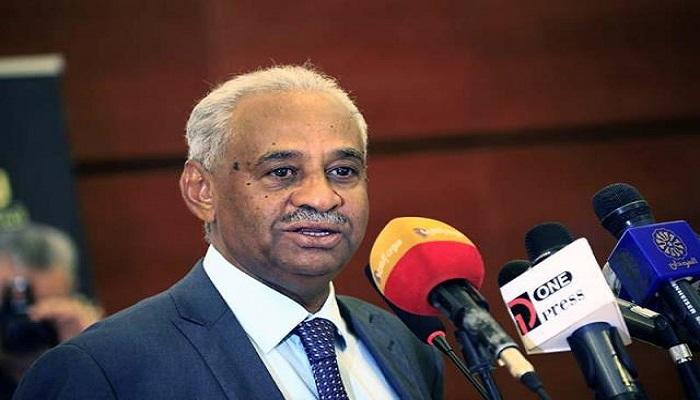The perils of a government-in-exile for Sudan
Faisal Mohamed Saleh*
The idea of a government-in-exile has resurfaced in discussions among Sudanese civil society groups and opponents of the Port Sudan government. This concept, championed by those who oppose the current military rule, proposes the formation of an exiled government that would delegitimize the authority of General Abdel Fattah al-Burhan and represent all groups rejecting the ongoing war and advocating for a return to a democratic path.
Proponents of this idea argue that al-Burhan’s government lacks control over significant portions of Sudan, and this reality presents an opportunity for the opposition to provide services and care to citizens outside the government’s reach. While not entirely new, this concept is relatively unprecedented in Sudan’s history of political conflict.
Historically, Sudanese opposition movements against military and dictatorial regimes have successfully formed alliances to lead resistance efforts. This was evident in the Graduates’ Congress, the Front of Entities that toppled Ibrahim Abboud’s regime in 1964, the National Alliance for National Salvation that ousted Nimeiri in 1985, and the National Democratic Alliance formed in the early 1990s to oppose al-Bashir’s rule. Despite the presence of armed factions and territories under opposition control during al-Bashir’s era, the notion of a government-in-exile was never raised. Why, then, is it being proposed now?
Proponents of this idea have failed to provide compelling justifications. Furthermore, an examination of the potential outcomes reveals a risky venture that could lead to disastrous consequences. The most dangerous of these is the formal declaration of the country’s division, a calamity that wise minds are striving to avoid. Experiences in neighbouring countries like Libya, Syria, and Yemen demonstrate that governments in exile have not led to positive developments but rather legitimized divisions, hindering dialogue and negotiation from resolving conflicts.
While it’s true that Sudan is currently divided between the government in Port Sudan and the Rapid Support Forces (RSF), this is a reality imposed by force of arms, and it should not be accepted or legitimized. The RSF has established local civilian administrations in areas under its control, but these lack genuine authority and serve merely as a facade for the RSF’s military power. A government-in-exile would likely suffer the same fate, becoming a mere shadow of the RSF.
Should such a government be formed and attempt to exercise influence, it would only find it in RSF-occupied territories. It is unrealistic to expect those who have taken up arms, regardless of their affiliation, to submit to a civilian administration composed of politicians who have not participated in the fighting. More likely, they would exploit these political groups to advance their agendas. Even worse, a civilian political group would be burdened with the responsibility for all the atrocities committed by the RSF in areas under its control.
The most crucial question is whether any country or international organization would recognize such a government-in-exile. Currently, there is no indication of international willingness to do so, and there is no reason to repeat failed experiments in the region. It is naive to assume that those who acknowledge the opposition as a significant voice in Sudanese affairs would be prepared to recognize them as a government-in-exile. This is a different matter and would be subject to complex calculations that ultimately would not favour a government-in-exile.
* Former information and culture minister during first Hamdock’s transitional cabinet.

